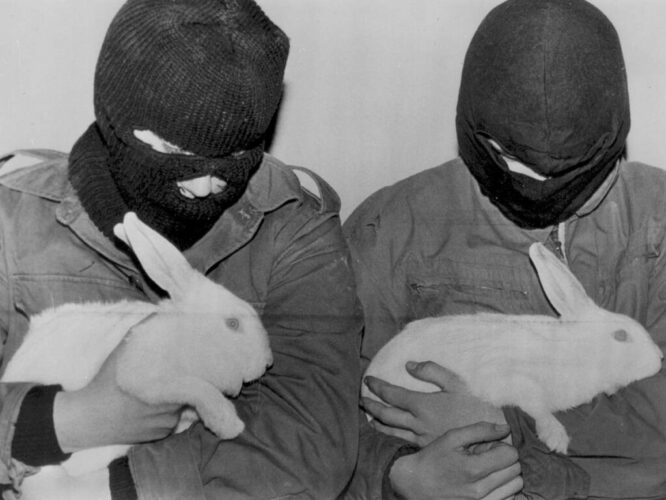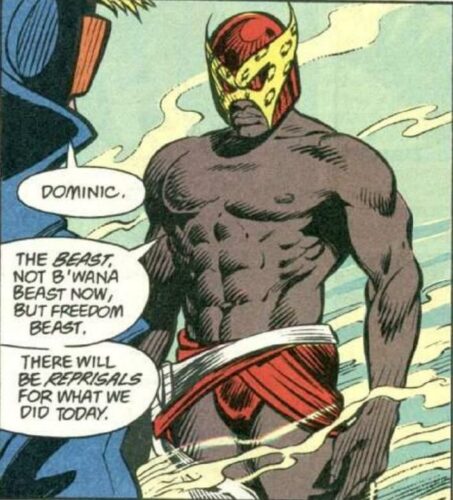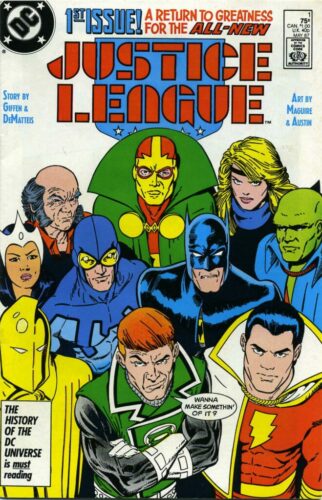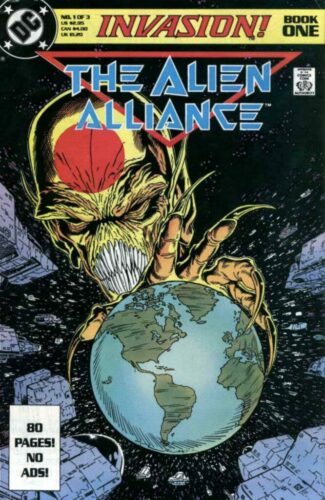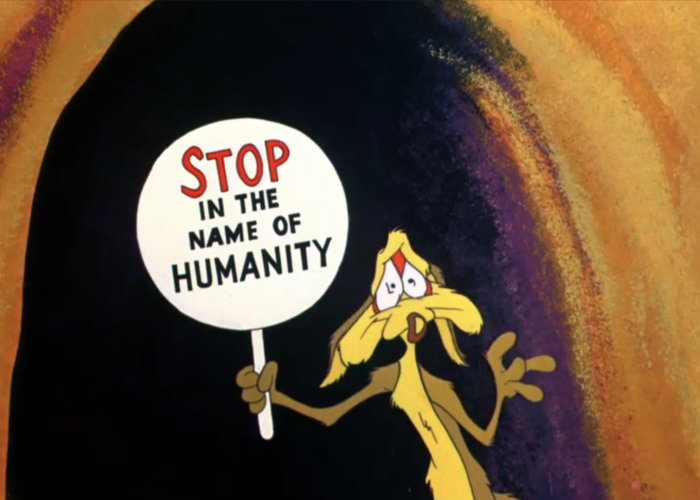IDSG Ep86 Internet Drama News Roundup
In this News Roundup episode, we take a look at the ‘debate’ between Professor Richard Wolff (public face of Marxism these days, sadly) and ‘Destiny’ (AKA Steven Bonnell II), a liberal YouTube livestreamer, and Bonnell’s total lack of real and honest curiosity about socialism. We then take a look at Nick Fuentes’ extremely not mad reaction to YouTuber Thought Slime’s video about him, and discover various things about Nick, including why he doesn’t believe in dinosaurs. Or, y’know, the Holocaust. We also check in on Bret (Weinstein) and Heather (Heying) (of the Dark Horse podcast) to correct some of their pernicious bullshit and see what they think the cops should be allowed to do to protestors who are DESTROYING CIVILISATION. Daniel draws the various threads together and, in a stunning third act twist, reveals what all these things have in common.
Content Warnings Apply.
Permalink / Direct Download / Soundcloud
Podcast Notes:
Please consider donating to help us make the show and stay independent. Patrons get exclusive access to one full extra episode a month.
Daniel’s Patreon: https://www.patreon.com/danielharper
Jack’s Patreon: https://www.patreon.com/user?u=4196618
IDSG Twitter: https://twitter.com/idsgpod
Daniel’s Twitter: @danieleharper
Jack’s Twitter: @_Jack_Graham_
IDSG on Apple Podcasts: https://podcasts.apple.com/us/podcast/i-dont-speak-german/id1449848509?ls=1
Episode Notes:
Destiny, “You Are Just WRONG! — Richard Wolff Debate Gets Heated” https://www.youtube.com/watch?v=JcA5szcnESY
Matthew Gault, “Twitch Streamer Destiny and an Economist Debate Capitalism, Achieve Nothing.” https://www.vice.com/en/article/jg8x77/twitch-streamer-destiny-and-an-economist-debate-capitalism-achieve-nothing
“Twitch streamer and philosophical gadfly Steven “Destiny” Bonnell II spent 90 minutes of his day on Wednesday debating the merits of capitalism and socialism with noted economist Richard Wolff. Thirty-five minutes into the “debate” and the pair were arguing over the basic definitions of capitalism and socialism—economic systems whose relative merits and performance they were supposed to compare. It was not how either party had said they wanted the conversation to go.
It was also a clear picture of the state of online-led political conversation—one side stalls the conversation to demand strict definitions and gaming personalities soak up too much time and attention.
[…]
“The pair went back and forth, both often heated. Wolff is old school and a college professor. His style was collegiate, sometimes condescending, and often sounded like a lecture. Destiny is used to debating on the internet where talking fast and fussing about specifics throws off an opponent. It was a weird pairing.”
Rad Shiba’s video on Richard Wollf, ‘A Wolff in Marxist Clothing’ https://youtu.be/JG7FhC2LeGE
ThoughtSlime, “Nick Fuentes is the hate nerd” https://www.youtube.com/watch?v=0eRoYhTQDuo
Nick Fuentes response on AF: https://www.youtube.com/watch?v=ngzBo3NcurE
Nicholas J. Fuentes | Responding to Th*ught Sl*me’s Hitpiece https://www.youtube.com/watch?v=oX4QO8nPKFQ
Avi vs Nick Fuentes On the Holocaust and Trans Issues: https://www.youtube.com/watch?v=30qlCoYLfSc
Dark Horse Podcast Q&A 76th DarkHorse Podcast Livestream,
“Should Police Be Allowed to Kill Rioters” https://www.youtube.com/watch?v=a7wWmzmBw6I&t=3414s Starts at 56:5…

